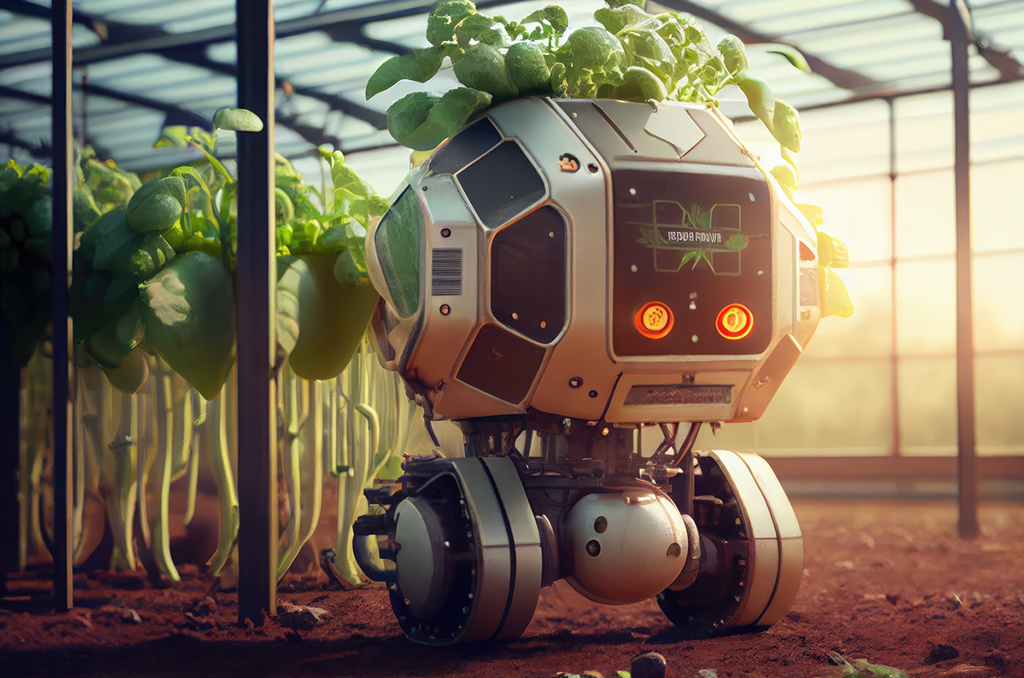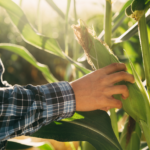
Five Innovative Approaches to Address Global Food Needs in 2050
- foodfightadmin
- October 12, 2023
- Agriculture, Climate Change, Find Food, Global Hunger
- rsc pages, rscl
- 0 Comments
The 2050 Food Sustainability Paradigm: Five Solutions for Feeding a Global Population of 10 Billion
Projected population growth estimates suggest Earth could be home to an eye popping 10 billion individuals by 2050. Meeting the collective appetite of the masses calls for unprecedented food production. Given that we’re looking at merely 30 crop seasons before we potentially hit this mark, the clock is ticking, and a radical transformation of the way we practice agriculture seems inevitable if we are to stand a chance of nourishing this future populace.
BBC World News and BBC Future Series Follow the Food has journeyed across Europe, engaging with pioneering scientists, engineers, astute retailers, and hardy farmers. As part of these travels, they sought to dissect multifaceted issues concerning food supply and unearth potential solutions for our future.
This vital overhaul extends beyond agriculture; it must encompass the entire food supply chain. Here, they’ve outlined five emergent solutions that could arm us well for feeding the predicted 10 billion.
Autonomous Agriculture
Before cringing at the thought of robots stealing jobs, consider this – multiple farmers argue that field hours spent in a tractor are monotonous and rob them of valuable management time. The Small Robot Company has engineered three compact robots — Tom, Dick, and Harry to solve for this. Tom conducts geotagged plant surveys, allowing for precise crop-spraying by Dick, eliminating pollution via unnecessary run-off and resource-saving. Harry is the planter, equipped with a robotic drill. Collectively, they efficiently carry out mundane tasks typically performed by humans.
Soil Conservation
Small robots could revolutionize farming, partly by substituting for large tractors. Traditionally, these heavy machines cause soil compaction while plowing, affecting the soil’s ability to retain water and nutrients. Transitioning to mini-robots could drastically reduce such problems without compromising farming efficiency.
Curbing Food Waste
According to United Nations data, a staggering one third of all produce ends up rotting, primarily due to poor transportation and harvesting practices. Given the vast flow of food through the Netherlands, they have committed to being the first European country to halve food waste by 2030. Applications like Too Good To Go allow retailers to sell near expiry but still consumable food to customers at a lower price, addressing the wastage issue.
Slowing Down Maturation
Take bananas, for instance, which are picked green and transported across continents, often spending up to 40 days on a ship before arriving at supermarkets, where they must be in perfect condition. If a banana ripens too soon, it releases ethylene gas, triggering premature ripening in others, potentially ruining up to 15% of a shipment. Scientists in Norwich, UK, are genetically tweaking bananas to produce less ethylene, thus reducing waste and extending shelf life.
Informed Choices
Conversations with farmers, producers, retailers, and consumers affirm that our current food production and distribution methods are neither scalable nor sustainable. Sustainability requires alterations to the whole realm of growing, processing, transporting, storing, and selling food. This demands concerted efforts from businesses, governments, and the consumers themselves.
Whether it’s selecting imperfect-looking vegetables, nudging supermarkets to declare the carbon or water footprint of their products or leveraging technology to combat waste, we can contribute significantly to the transition towards sustainable agriculture. Although the prospect of feeding a world population of 10 billion by 2050 is daunting, cross sector collaboration can fuel our fight against food scarcity.








